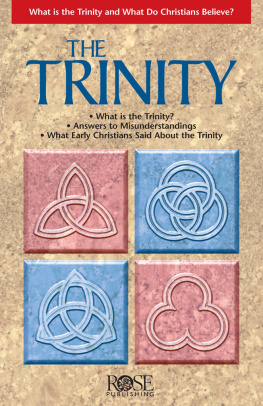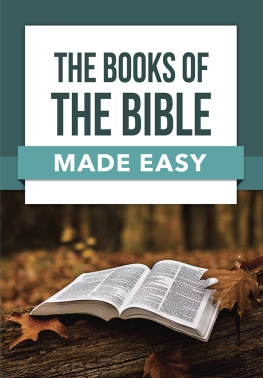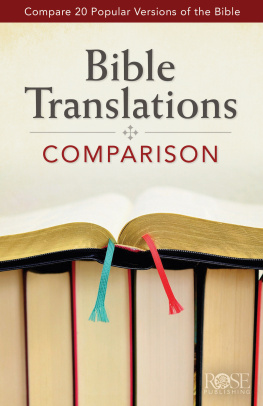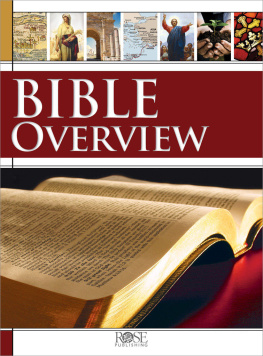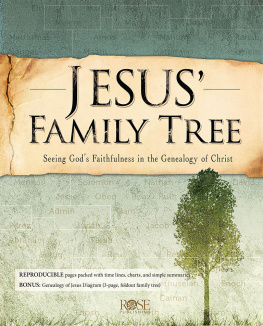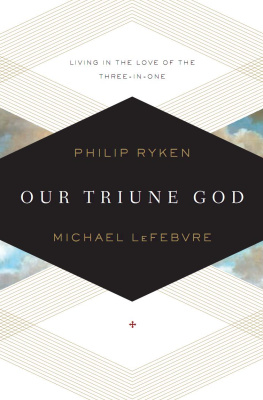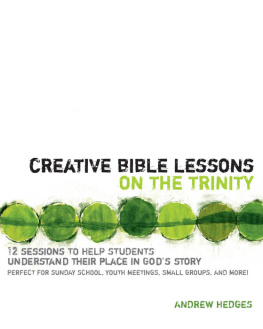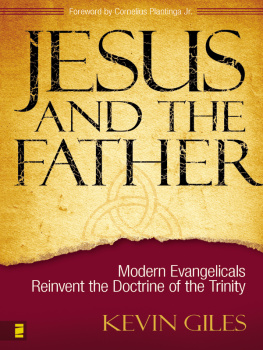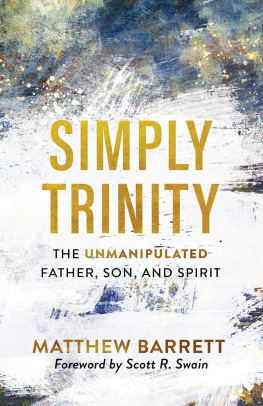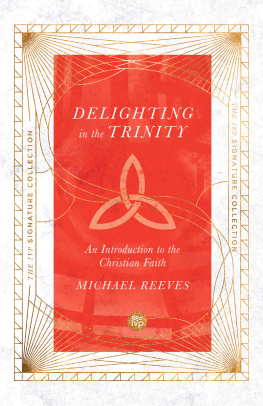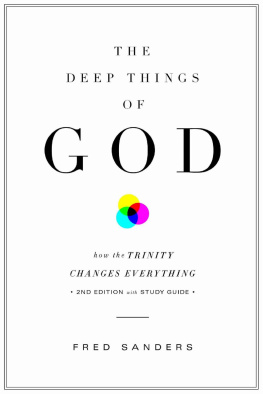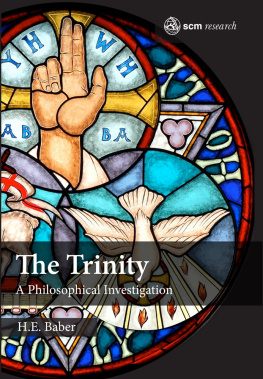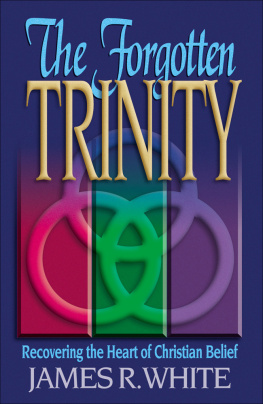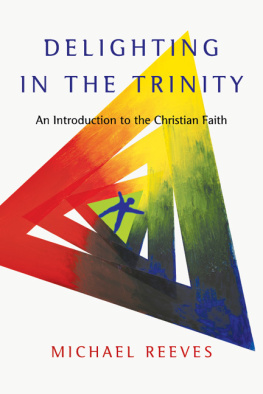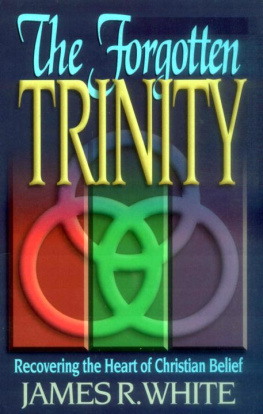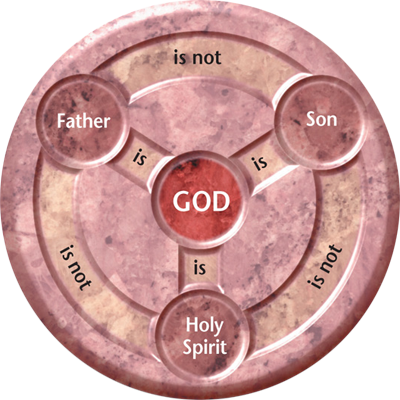Rose Publishing - The Trinity: What Is the Trinity, and What Do Christians Believe?
Here you can read online Rose Publishing - The Trinity: What Is the Trinity, and What Do Christians Believe? full text of the book (entire story) in english for free. Download pdf and epub, get meaning, cover and reviews about this ebook. year: 2022, publisher: Rose Publishing, genre: Religion. Description of the work, (preface) as well as reviews are available. Best literature library LitArk.com created for fans of good reading and offers a wide selection of genres:
Romance novel
Science fiction
Adventure
Detective
Science
History
Home and family
Prose
Art
Politics
Computer
Non-fiction
Religion
Business
Children
Humor
Choose a favorite category and find really read worthwhile books. Enjoy immersion in the world of imagination, feel the emotions of the characters or learn something new for yourself, make an fascinating discovery.
- Book:The Trinity: What Is the Trinity, and What Do Christians Believe?
- Author:
- Publisher:Rose Publishing
- Genre:
- Year:2022
- Rating:5 / 5
- Favourites:Add to favourites
- Your mark:
The Trinity: What Is the Trinity, and What Do Christians Believe?: summary, description and annotation
We offer to read an annotation, description, summary or preface (depends on what the author of the book "The Trinity: What Is the Trinity, and What Do Christians Believe?" wrote himself). If you haven't found the necessary information about the book — write in the comments, we will try to find it.
The Trinity is one of the most central doctrines in Christianity, one of the tenets that is completely unique to to the Christian faith. This glossy, full color Trinity Pamphlet explains the Trinity in clear easy-to-understand terms and illustrations. This basic booklet with a simple explanation of the Trinity also answers 6 common misunderstandings about the God the Father, Son, and Holy Spirit. This is a perfect basic Trinity Bible study for those wishing to understand their faith and defend the Trinity.
How To Explain the Trinity: The Trinity DefinedThe Trinity is one of the great mysteries of the Faith. Defining the Trinity is both simple and complex: God is One, yet God exists in 3 Persons: Father, Son and Holy Spirit. It is a biblical concept that goes beyond the human understanding. This Trinity pamphlet gives a basic explanation and definition of this important Christian belief.
This Trinity booklet includes
This Trinity explanation also answers 6 key misunderstandings about God. For example, Jehovahs Witnesses do not believe in the Trinity. They point out Bible verses that appear to contradict the Christian belief in the Trinity. But their interpretation is incorrect. This easy-to-use Trinity booklet presents compelling evidence of a Triune God and defense of the Trinity doctrine. This booklet is useful for a Trinity Bible Study, Sunday school lesson, homeschool curriculum, or evangelism.
Size: 8.5x 5.5 unfolds to 33 long. Fits inside most Bible covers.
Christian Beliefs and Church History Explained in the Trinity PamphletThe Trinity pamphlet helps believers know what they believe and why they believe this critical Christian doctrine. In 12-panels of rich, well-research information, the pamphlet addresses topics such as
Its probably not surprising that a doctrine thats as critical as the Trinity is at the center of numerous misunderstandings. The Trinity pamphlet addresses six of the most common Trinity misunderstandings:
Rose Publishing: author's other books
Who wrote The Trinity: What Is the Trinity, and What Do Christians Believe?? Find out the surname, the name of the author of the book and a list of all author's works by series.

